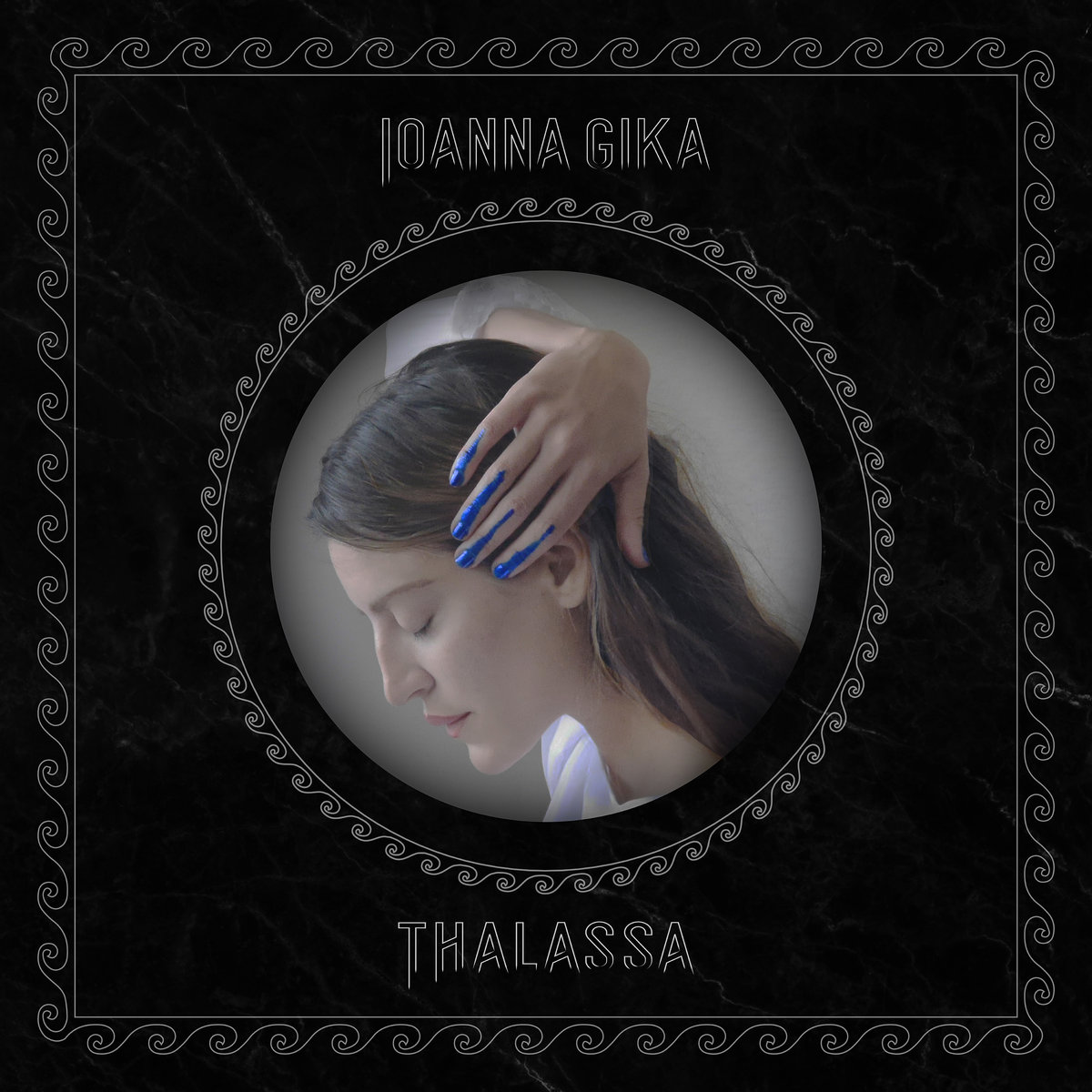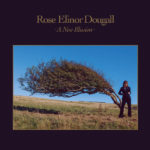Change is inevitable. Yet it’s more shocking and traumatic when these dramatic changes affect treasured childhood memories. After a sudden series of family deaths in her home country including her father in 2016, Greek-American Ioanna Gika revisited her adolescent habitat of Greece to grieve and say her goodbyes, and simultaneously observed all the changes to her hometown and its surrounding environment. Some man-made and some at the fate of cruel nature.
Ioanna Gika’s debut album – following on her from her success with intriguing Asian-flavoured indie rock band Io Echo – uses the unpredictable attributes of the sea as a metaphor for unstoppable change by calling the record Thalassa. Thalassa being not only the Greek word for sea but also a prehistoric spirit in Greek mythology, whose powerful abilities extended to immortality, water manipulation, invulnerability and telekinesis.
Ioanna Gika’s immensely enjoyable, replayable and often spine-tingling first record Thalassa begins with the pulsating ‘Roseate’, a song which encapsulates well the album’s concept of change and the sea as a metaphor. “Goodbye. In waves the message ran through the sea. The pelicans frozen in the air. They saw what was no longer there. Went inland but the statues fall. Reshaping the golden dawn. Some things the same. But landmarks gone.” Gika expresses disappointment in the transmutation of her former home but in a non-specific manner, allowing listeners to fill in their own experiences of change shock. Furthermore, “These city walls our fathers built. They have crumbled now,” show nature’s disrespect for history and lines such as “New designs. Grew ten stories high and I saw angels from the highest height”, mix the reality of gentrification with intriguing mysticism.
A mysticism which follows in the ghostly Radiohead funeral music of ‘Out of Focus’ – as the music video features a man surfing among waves dressed as the Greek human-animal hybrid god of Pan. The word “panic” derives from the god and Gika describes herself in a panic-like state when returning to her homeplace, feeling lost and “compassless” and desperately “holding onto history”, as “things are falling out of focus.” ‘Ammonite’ – a track that appears to use an orchestral film soundtrack sample within it’s punchy industrial composition – also alludes to a historical time, with ammonites being extinct marine animals that lived alongside dinosaurs and have a name taken from an Egyptian god called Amun. It’s as if she wants to swim away with them. “Can I bathe in your warm dimension, a floating hope in wild seas, at peace with what I can’t be?”
Other tracks that reference change include the eerie yet beautiful ballad ‘Weathervane’ – an instrument that measures the changing direction of wind – and ‘New Geometry’, which begins a harp flutter before resembling Ladytron-meets-U2 in its electronic alternative rock blend. But in ‘Swan’ Ioanna Gika tries to finally gain control over the impermanence of time by freezing memories (“froze a memory captured our love perfectly”) when knowing a relationship is doomed, and inspired by the purgatory-feeling she had when knowing her dad was dying but couldn’t get answers from her doctor on why, she pleads with death to allow humans to have time to plan their own fate: “Let me hear the swan sing. Melody of mourning. Sweeter than the silent exit without warning.”
‘Thalassa’ is a very well-produced album that will appeal to fans of Zola Jesus and iamamiwhoami, that not only has lyrics that reflect change but compositions that like sea waves, constantly change shape as well, making it a wonderfully rewarding listening experience. Great examples include the interlude title track ‘Thalassa’, which begins like the opening chords to horror classic theme Nightmare on Elm Street, before bursts of distorted machine-gun beats and finally Ioanna Gika singing enchantingly like a Greek siren attracting sailor victims to their demise.
Most tracks also fascinatingly juxtapose the Greek-American’s partly vulnerable, partly haunting whispers and dreamy harp with suffocating percussion and harsh electronic bursts that accurately portray her choking trauma. Examples include the rustling marching drums that provide knockout blows on ‘No Matter What’ and the hammering thrusts that pierce their way through opener ‘Roseate’.
‘Thalassa’ ends with the effectively minimalistic ‘Drifting’. After destructive and unforgiving moments of strangulation we are left with Ioanna Gika abandoned, conceded and adrift with lonesomeness: “I’m drifting too far from the shore. Too far from the shore.” It begs the question; have the powerful waves already drowned her hopes of stabilisation and sanity, or will she find away to make it back on land?




